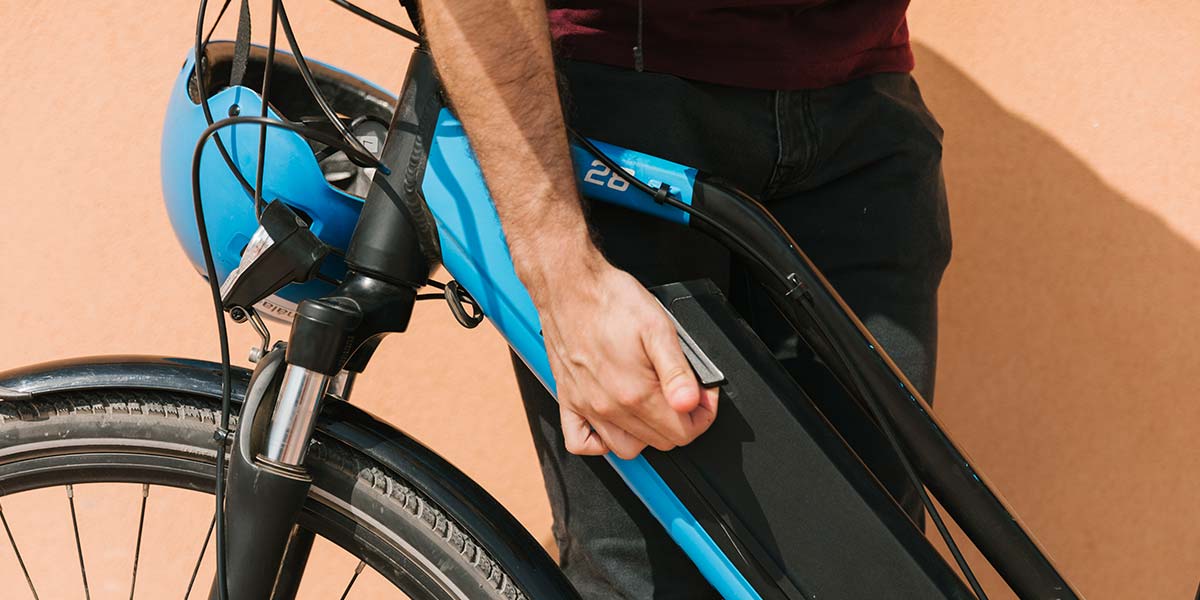In the past decade, almost $200 billion has been invested globally on mobility to improve transportation. As a result, micro-mobility transport such as electric scooters and e-bikes have grown in major cities across the globe. With the current demand that electric scooters are experiencing, a study by Grand View Research Inc. says that the e-scooter market will continue to grow up to $41.98 billion by 2030.
Electric Scooter - Mearth | Best Electric Scooter in Australia
This begs the question: Are electric scooters a better investment than cars? After all, with increasing traffic and fuel prices across the world, micro-mobility may be the future of transportation. If you’re still undecided on whether to buy an electric scooter or a car, here are four reasons to consider investing in an e-scooter.
Save more with electric scooters
From purchasing to maintenance, electric scooters will save you more on costs, especially in the long run. With only $350 to $500, you can already buy a decent budget electric scooter for adults in Australia, the US, Europe, and most parts of the world. These budget-friendly scooters are already perfect for everyday commutes or errands. Meanwhile, buying a car can cost you an average of $36,718 in the US. That’s a significant amount, especially if you only need transport for short distances within your city or neighbourhood.
A car has an advantage when it comes to long-distance travelling. However, electric scooters are more cost-effective when it comes to an everyday routine lifestyle. Moreover, electric scooters remove the need for fuel, reducing another cost in your expenses. According to the Australian Automobile Association (AAA), the average two-car Australian family pays an average of $3,500 per year just on fuel costs. Electric scooters significantly reduce this amount if you use electric scooters more often, or completely.
Lastly, compared to cars, electric scooters require little to no maintenance, as long as you care for and handle it properly. The only cost you might have to pay for is purchasing a new drive chain yearly, which does not generally cost much. Overall, the cost of powering electric scooters only make up one per cent of the cost of running a car.
Travel short distances faster and more convenient
Electric scooters solve the first and last-mile problem. The ‘last mile’ is a term used to describe the final leg of the movement of people and goods to the final destination. It’s also called the ‘first mile’ if the movement goes out from the origin or destination.
Unfortunately, the last mile is always the least efficient for people, or even businesses, as it includes up to 28% of the total cost of movement, and it consumes plenty of time and effort for people to move. After all, for those who can’t afford cars, public transportation can’t fully take people in front of their homes. However, a one-kilowatt hour of energy that makes a car travel 1.2 km can make an electric scooter journey for 133 km. The best electric scooters in Australia, the US, and Europe can travel longer distances with that amount of energy. Micro-mobile transportation like electric scooters makes the last mile more energy-efficient as well.
Moreover, the Boston Consulting Group says that 35% of personal trips usually cover distances of under 3 km. People can walk with this distance, but it is much faster to travel using an electric scooter. Ultimately, electric scooters provide an efficient solution to covering short distances whether it’s for everyday commute or for running personal errands.
Occupy less space
Cars are a highly-preferred mode of transport for many. However, this may change in the future, since cars are becoming less feasible due to the lack of parking spaces, rising fuel costs, and the additional costs of parking and tolls.
On the other hand, electric scooters are portable and space-saving. It doesn’t need a parking space because it can easily be stored next to the entrance of a store, under your office desk, or placed anywhere within your home. Electric scooters are a great option for people living in apartments or condominiums because it occupies less space and does not need a parking slot. Most scooter brands like the Mearth electric scooter feature portable e-scooters, making it easy for riders to carry them around if they don’t have a space to keep it in public spaces.
It’s also worth pointing out that 95% of cars are mostly unused, and each car occupies 10 times the space of electric scooters. This means that reducing cars increases space on public roads, sidewalks, and public areas.
Spend less time in traffic
Lastly, investing in electric scooters significantly reduces the time you spend in traffic. According to a survey by the Household, Income and Labour Dynamics in Australia, workers commuted an average of 3.7 hours per week in 2002. However, this had increased to 4.5 hours per week in 2017.
With electric scooters, skilled riders can move through traffic easily or use footpaths and bike lanes to bypass traffic. This saves you time during daily trips. Its fast speeds and efficient time is also the reason why electric scooters are a popular choice for some delivery services. However, take note that it’s unsafe and illegal to hold something when riding a scooter in public.
Invest in transportation that fits your lifestyle
Electric scooters offer people convenience and cost-efficiency. However, its effectiveness will still depend on the rider’s needs and lifestyle. If cost is an issue for you, the best value electric scooters in Australia, the UK, or the US can already get you around anywhere without spending too much. However, if you need to travel with family members, a car would be your best option. It’s also important to invest in safety gear when riding an electric scooter for your safety and security. Ultimately, the best mode of transportation for you would be the one that adds more to your quality of living.











